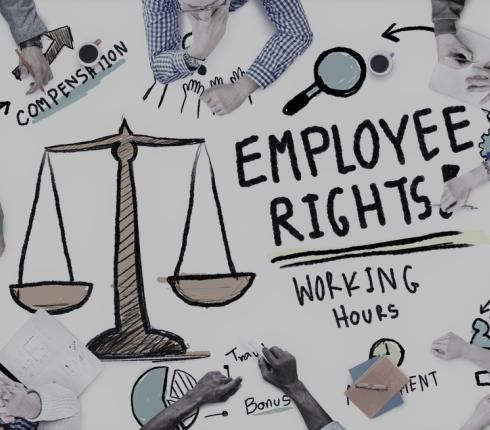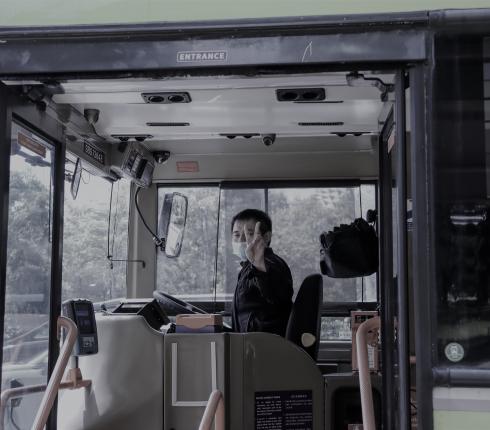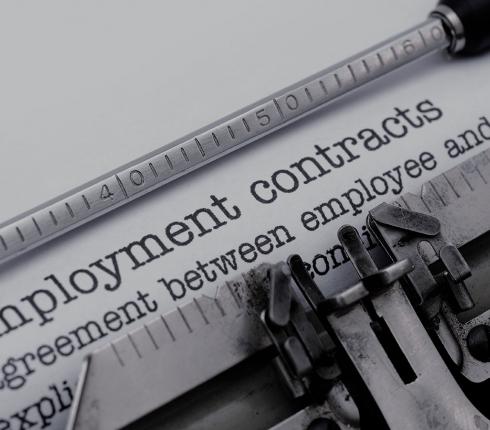NJORD Estonia: Can an office worker become an athlete?
According to the Estonian Sport Act, an adult athlete who, based on the nature of his or her work, is free to decide the organisation of his or her working time, and an employer can agree that the athlete is an employee with independent decision-making power, provided that working does not damage the health and safety of the athlete. Thus, the following conditions are a prerequisite for independent decision-making competence: the employee must be an athlete, an adult, the nature of the work is one that allows free choice of working hours, and the work must be safe and not harmful to health.
In the case of an athlete/employee with independent decision-making competence, it may be agreed not to apply the provisions of §§ 43–47 and 50–53 of the Estonian Employment Contracts Act. In other words, the weekly 40-hour working time, the regulation of overtime work, the compensation for night work and work on public holidays do not apply, and the athlete/employee can do the work when he/she so decides. It is the athlete's job to train and achieve the set goal, for example, to meet the Olympic qualification standard. The employer of an employee/athlete with independent decision-making competence does not have to fulfil the obligation provided for in § 28 (2) 4) of the Employment Contracts Act, i.e. does not have to ensure the agreed work and rest time or keep records of working time. Thus, the athlete can train as much as he/she wants and receives the agreed fee. The goal is important. As a general rule, the athlete must exercise extreme care when training to avoid injury. Regardless, in every workout, there is a risk of injury, including overtraining. Assuming that the athlete knows what he/she is doing, and that the employer trusts the athlete, the parties can agree on independent decision-making competence. Under the Sports Act, an employer or employee may terminate such an agreement at any time with two weeks' notice.
So, can an office worker become an athlete?
In the context of this article, many office workers do not lag behind athletes in their attitudes, dedication, and care. A non-athlete is also able to assess the risks and hazards to health and the working environment.
The current Employment Contracts Act does not provide for the possibility to agree on independent decision-making competence. For example, office workers who do not generally injure themselves behind a computer screen and whose work is safe cannot have independent decision-making competence, even though the nature of the work would allow it. In today's work environment, where teleworking is a new and permanent reality, it is undoubtedly important to include the regulation of independent decision-making competence in the Employment Contracts Act. None of the preconditions for an independent decision-making competence agreement in the Sports Act are such as to preclude it, for example, in the case of an office worker (other than the precondition of being an athlete). Similar to the regulation of the Sports Act, the parties could agree on it and terminate it if it does not work for some reason. Such freedom of choice would be a very sensible solution for both parties to the agreement.

































